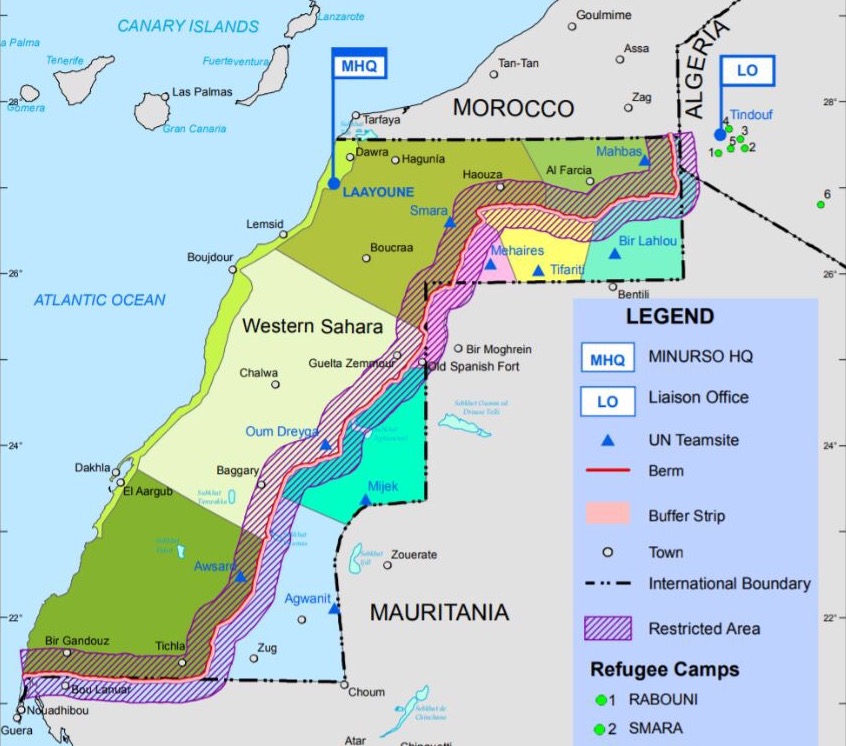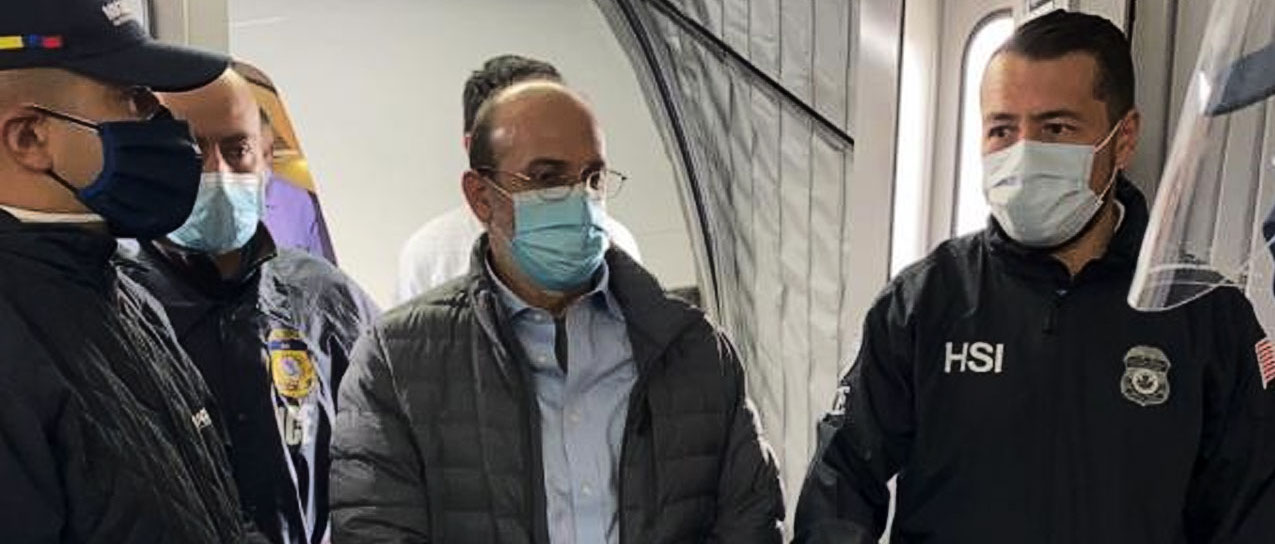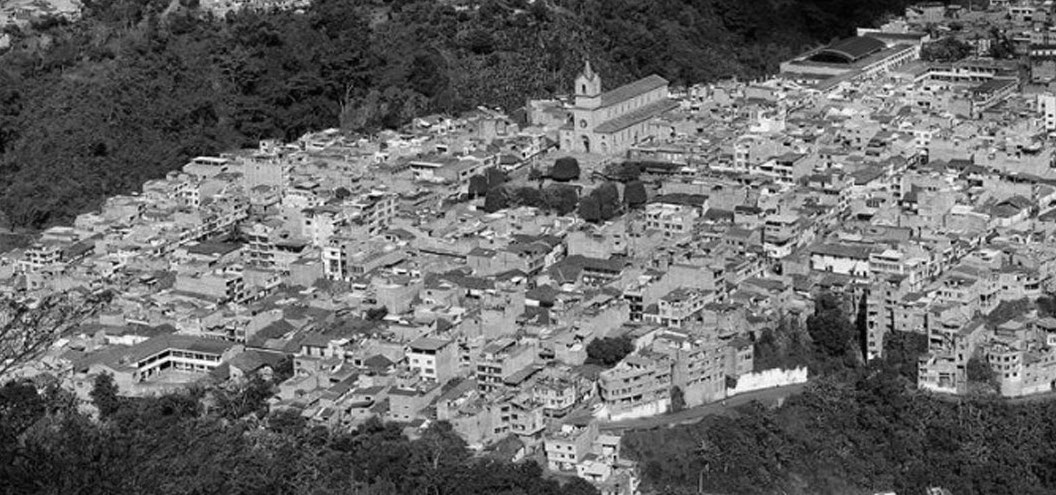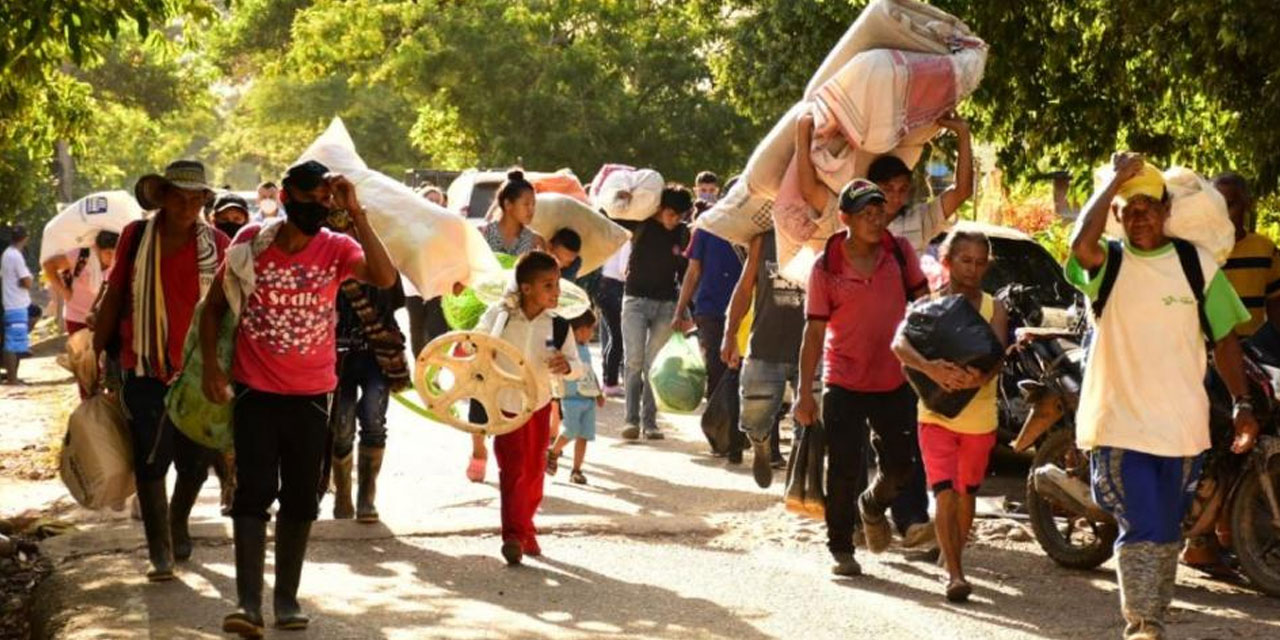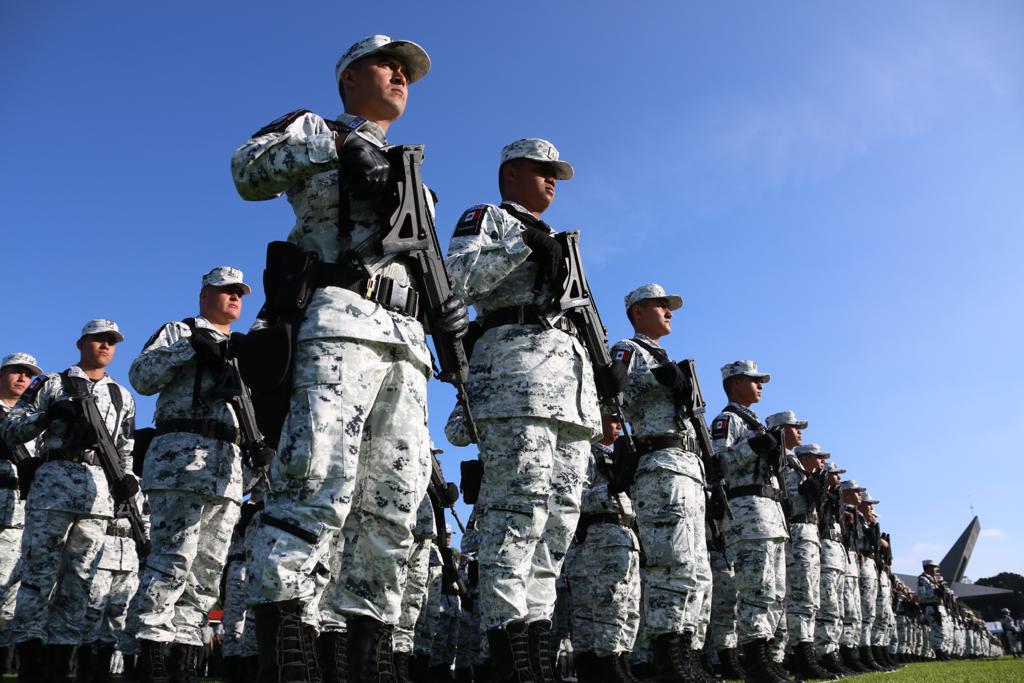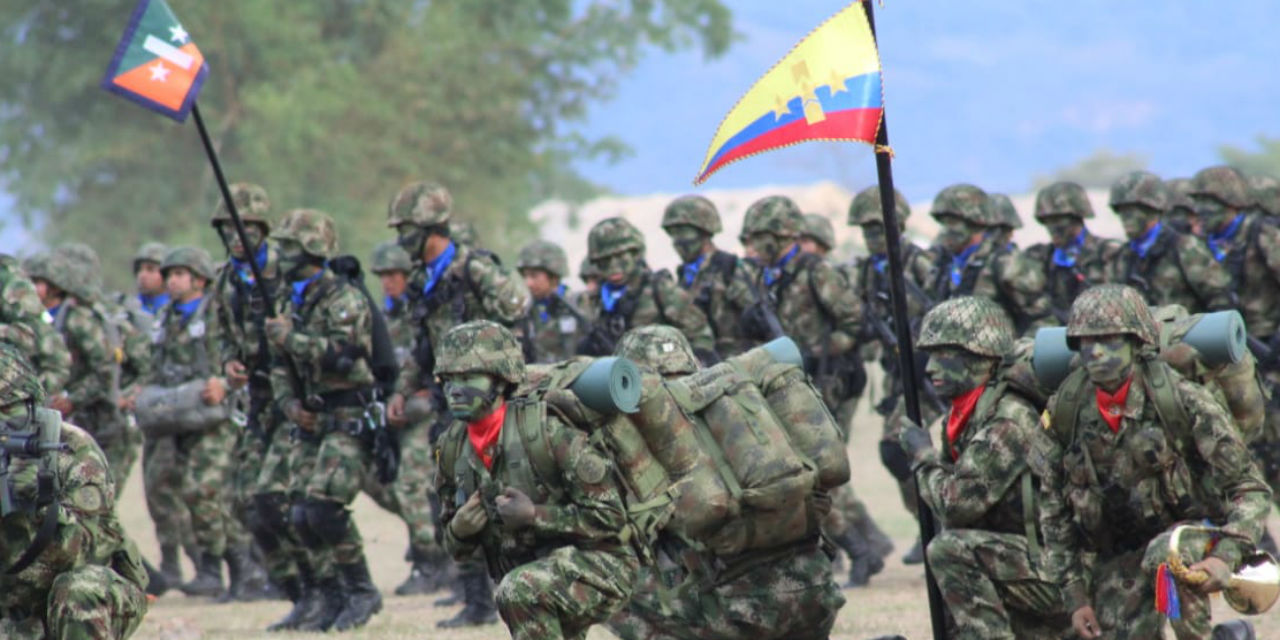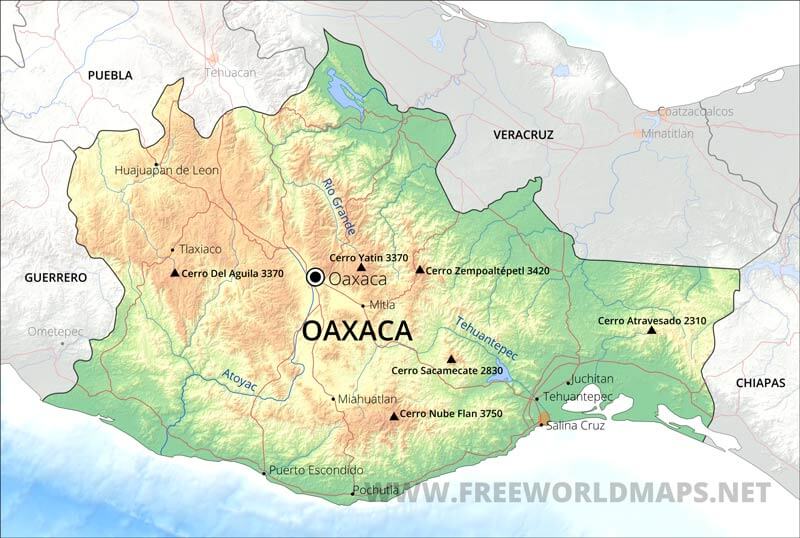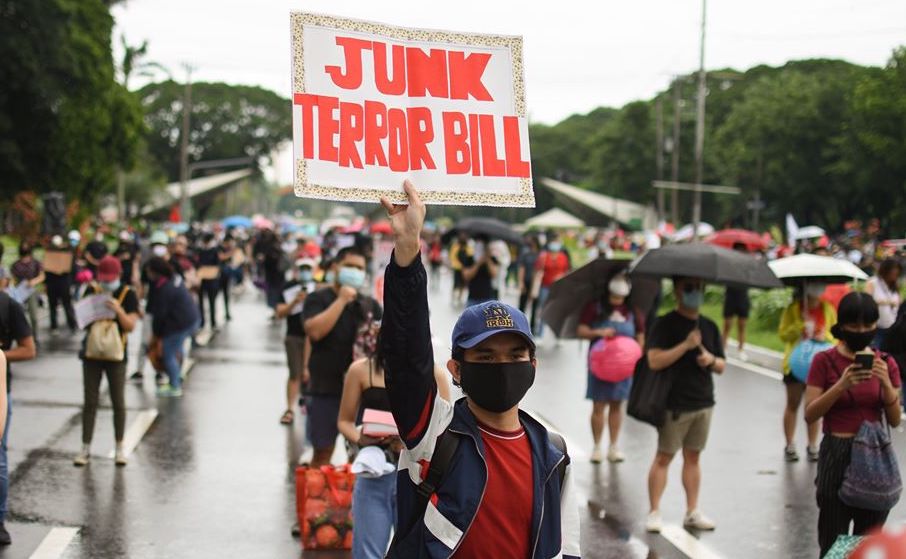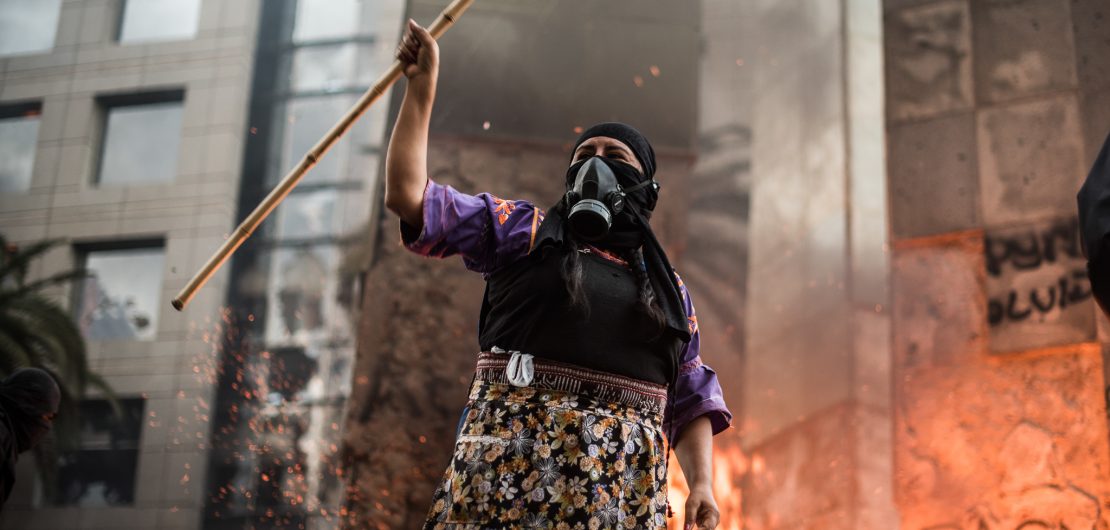
Peru: after deadly repression, protesters win a round
Following an outburst of angry protest across the country, Peru’s third president in less than a week was sworn in, with a coalition cabinet aimed at bringing the country back from the brink of chaos. The crisis was set off by the impeachment of President Martín Vizcarra, who had been investigating corruption by the hard-right Fujimorista bloc in Congress—and whose removal was assailed as a “legislative coup.” The new interim president, former Congressional leader Manuel Merino, was perceived as a pawn of the hard right; demonstrators flooded the streets of Lima and other cities after his inauguration. In two days of repression by the National Police, two young protesters were killed, more than 200 injured, and two more listed as “disappeared.” Merino and his cabinet stepped down, leaving the country without a president for nearly 24 hours before Congress finally agreed to approve a replacement. This is Francisco Rafael Sagasti, a first-term congressman representing Lima. Although Sagasti is from the center-right Partido Morado, his installation is being seen as a victory for the protesters. He took office with an homage to the slain demonstrators, praising them for having “marched to defend democracy. (Photo: Revista Ojozurdo)



